Is it Cloud Native or Native Cloud?
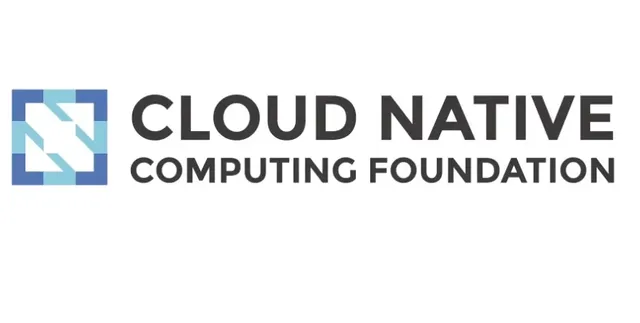
Is there a difference?
While it looks like the terms are identical, at ZEN Software we make a distinction between the two terms. Googling for ‘Cloud Native’ returns the same result as for ‘Native Cloud’. Let’s imagine that Google cares more about keywords than keyword order. Even so: there is a difference when using the words in a specific order. Let’s see.
Cloud Native (computing)
Cloud-native computing is a software development approach that uses cloud computing to “build and run scalable applications in modern, dynamic environments such as public, private, and hybrid clouds”. Technologies such as containers, microservices, serverless functions and immutable infrastructure deployed via declarative code are common elements of this architectural style.
These techniques enable loosely coupled systems that are resilient, manageable, and observable. Combined with robust automation, they allow engineers to make high-impact changes frequently and predictably with minimal toil.
Frequently, cloud-native applications are built as a set of microservices that run in Docker containers and may be orchestrated in Kubernetes and managed and deployed using DevOps and Git CI workflows (although there is a large amount of competing open source that supports cloud-native development). The advantage of Docker containers is the ability to package all software needed to execute into one executable package. In addition, the container runs in a virtualised environment, which isolates the contained application from its environment.
Native (to the) Cloud
Native Cloud should be seen as ‘Native to this cloud’. While techniques like containers and orchestration via Kubernetes have open solid standards that can be implemented easily cross-Cloud. Serverless functions like AWS’s Lambda are tied to their cloud provider (AWS).
To specify, we are talking of a Cloud specific technology that (can or cannot be Cloud Native) we use the term Native (to the) Cloud.

Go Cloud Native, Go Big
Revolutionise your organisation by becoming a born-again cloud enterprise. Embrace the cloud and lead the future!
Read more:
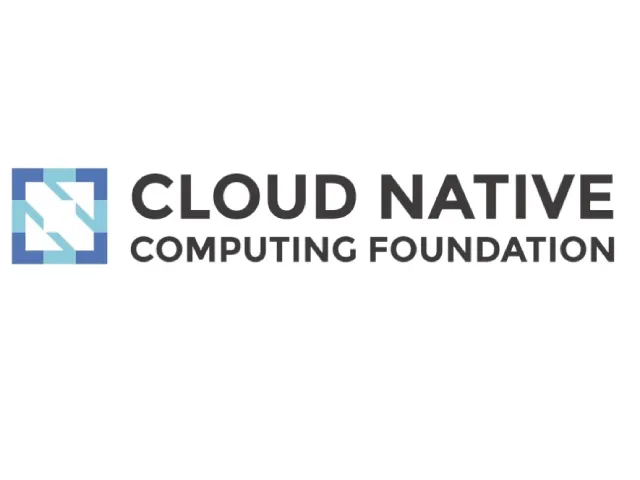
Is it Cloud Native or Native Cloud?
**Is there a difference?** While it looks like the terms are identical, at ZEN Software we make a distinction between t...
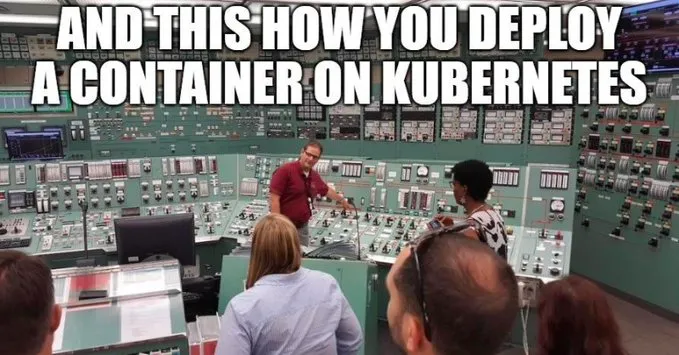
How to Simply Run a Docker Container in the Cloud
Setting up and operating a Kubernetes cluster is becoming increasingly complex. Simply running a website using a hand fu...

PostgreSQL vulnerabilities in cloud-managed databases
Based on research by [Wiz.io](https://www.wiz.io/blog/the-cloud-has-an-isolation-problem-postgresql-vulnerabilities): Th...
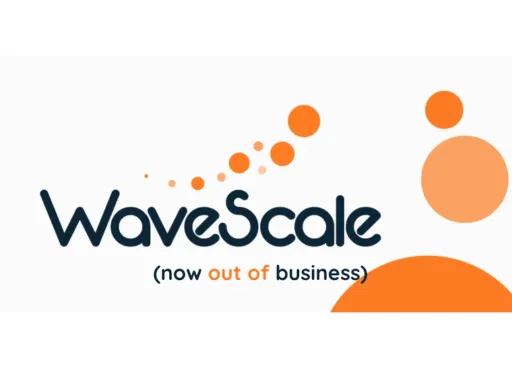
New Ventures!
In September 2020 Bulent Yokus, Wout Smelt and Arjan Franzen started talks to disrupt the VPS-dominated hosting market b...

Guest trainer multi-cloud at Young Mavericks
As part of the Data Science trajectory at Young Mavericks, ZEN Software provided an introduction to Multi-Cloud. How can...
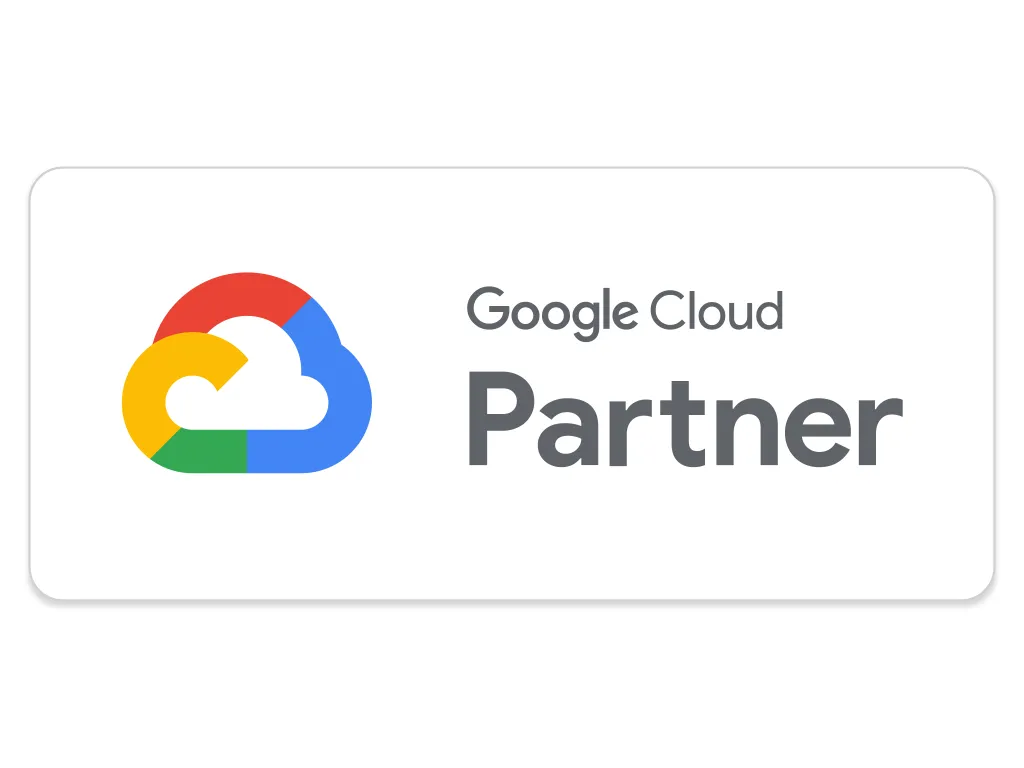
ZEN Software is now Google Cloud Partner!
As Hyperscale clouds are concerned: Google is a top-tier cloud provider. With its launch in 2011, thus the newest player...
